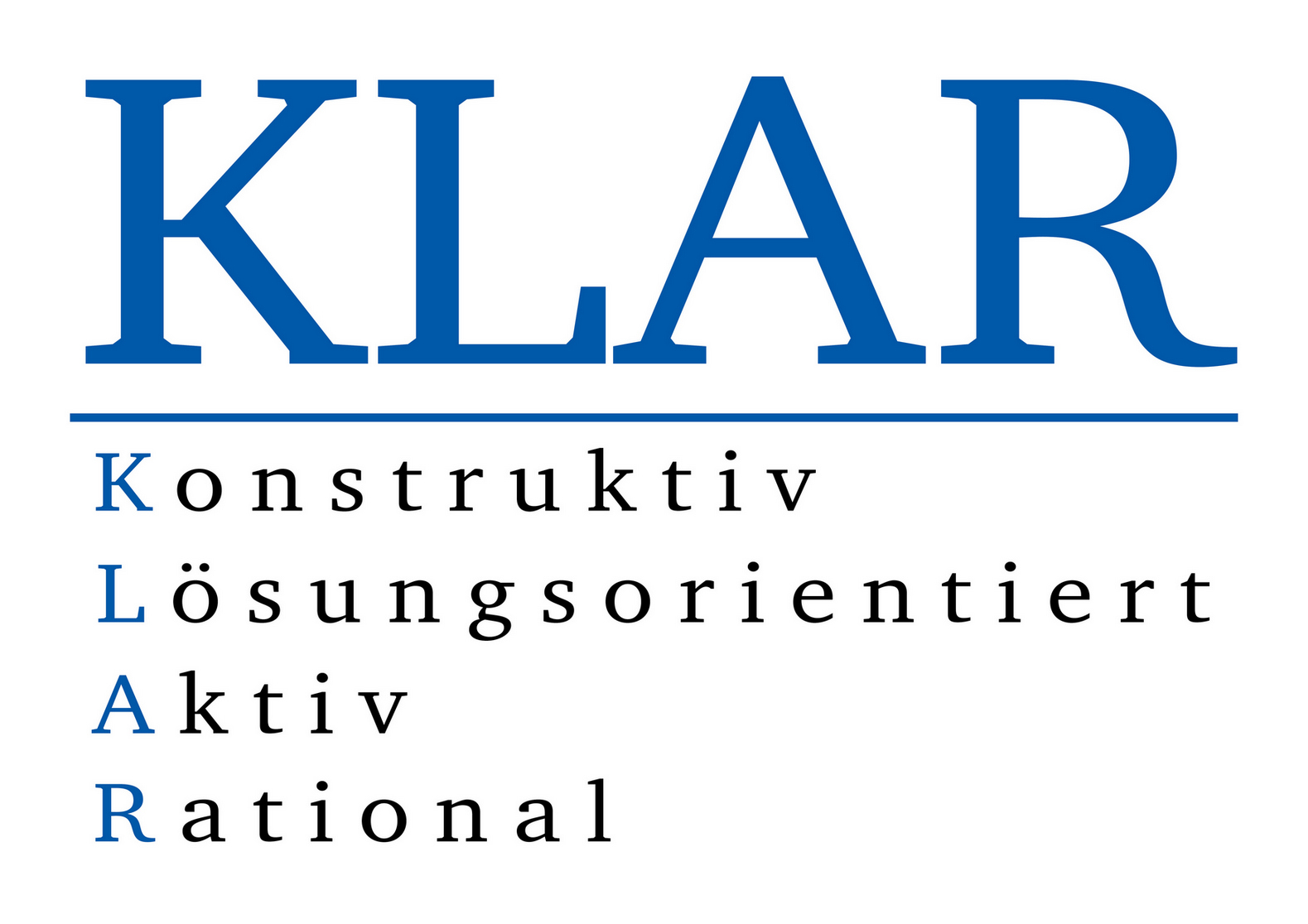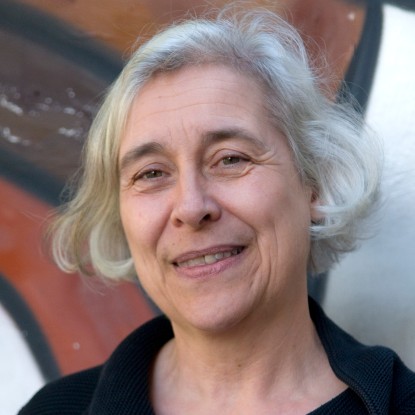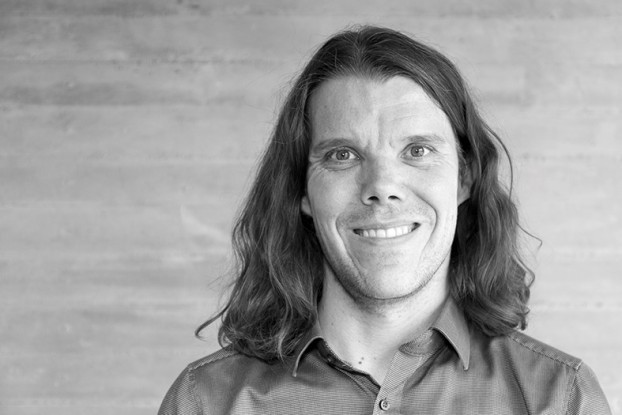Improve and expand mobile working
Mobile working, often referred to as remote work, is the ability for employees to perform their tasks outside the traditional office, which is provided by the employer. Mobile working could reduce commuting times, improve the compatibility of family work and employment or could also create a more undisturbed, relaxed, focused and a more pleasant and productive working environment than in the office.
We are committed to ensuring that as many colleagues as possible can take advantage of the opportunities opened up by the service agreement on mobile working (opens in new tab):
- Advice and support in the event of conflict
- Ensuring a health-promoting mobile workplace with adequate technical equipment
- Reliable, transparent framework conditions for organizing working hours that offer colleagues a choice of different working time models
- Comprehensive range of information and further training for employees
- Evaluation of where the realization of colleagues' desire for mobile working fails due to expected or actual resistance from managers
- Expansion and transparent regulations under which mobile working is also possible abroad
Permanent positions for permanent tasks: Permanent positions at the academic mid-level faculty
Time is precious, especially in temporary third-party funded and qualification positions. Instead of losing valuable qualification time by taking on permanent tasks, e.g. in the area of administration, operation and administration of IT and research infrastructure or university teaching, the following applies: Permanent tasks that do not serve qualification in the narrower sense must be identified and covered by permanent positions.
Furthermore, additional, transparent and adequate career paths must be established for academic staff after successful completion of a doctorate, in addition to the professorship. Additional permanent positions should be implemented for this purpose.
Increasing project-oriented funding in administration and science does not directly justify fixed-term employment contracts. Practice shows: Follow-up projects are often acquired by the temporary colleagues and then successfully completed. Project-oriented funding does not rule out permanent contracts. Fixed-term contracts cost nerves, energy, time and money. Fixed-term contracts are a risk factor for losing colleagues. It is important to create prospects through permanent positions, to enable career planning and work-life balance and to further increase the attractiveness of TU Darmstadt as an employer.
- More permanent academic positions in teaching, in research with independent research tasks and independent acquisition of third-party funding as well as the so-called permanent functional positions.
- Relieving non-permanent employees (f.e. on qualification positions or on third-party funded projects) of permanent administration, technical or teaching tasks.
- Doctoral positions from state funds must have at least the scope of a 2/3 position (67%); 100% positions appear necessary to finance living costs in the Rhine-Main region.
- More permanent positions for permanent tasks for administrative and technical staff.
- Dialogue on innovative job-sharing concepts.
We would like to enter into a constructive dialog on this topic with those involved: employees of the WiMi and ATM groups, as well as the deans,, university management, HR & personnel development.
Encourage and support networking
The current (working) world has become increasingly dynamic and is subject to ever faster changes, demanding new and adapted knowledge and strategies from all of us. Functioning collegial networks (both within and outside TU Darmstadt) could provide support.
Collegial networks offer numerous advantages:
- Thinking outside the box is a resource for personal development
- Improvement of personal working conditions and processes
- Expanding collegial contacts and strengthening cooperation with colleagues
- Respecting the diversity of colleagues and developing more practical solutions
We are committed to systematically promoting networking at TU Darmstadt:
- Advice and support for colleagues who build and maintain networks
- Networking is working time and is used for further training
- Provision of technical framework conditions to promote networking (website, e-mail distribution list, etc.)
Transparent career paths
The constantly changing nature of everyday working life requires continuous further training and skill development. We are committed to provide even more diverse further training opportunities that match our colleagues' interest in qualifications and which are also linked to career opportunities.
We work towards:
- Expansion of counseling services for professional development within the university
- Additional qualification should not only be personally rewarding, but also financially rewarding
- Systematically promote further training opportunities
- Colleagues with fixed-term employment contracts should be able to sign a follow-up contract at least 4 months before the end of their contract; planning security is important.
Good conditions for vocational training
Vocational training is an important task of TU Darmstadt in order to qualify future colleagues, but also to provide people with vocational training. We work towards:
We are committed
- to support trainees and vocational trainers.
- to stronger recognize and value the commitment of the vocational trainers
- to offer at least one networking meetings per year for vocational trainers
- to raise awareness among managers that vocational trainers need enough time to support their trainees well and so reducing the workload is critical
Providing reliable advice and support for colleagues
Conflicts at work could be stressful. The staff council supports you, shares his experience with you and explores what solutions and next steps might be possible. Consultation situations can be, for example
- Conflicts in the supervision of doctoral candidates on qualification positions
- Relationship between scope of work and paid working hours
- Questions related to employment (e.g. salary, collective agreement (Tarifvertrag), extension of contract, health protection, job description, qualified employment reference)
- Support with workplace conflicts
- Assistance and support when returning to work after long-term illness (BEM)
- Job applications and career options within TU Darmstadt
We are committed to finding a constructive solution. You can contact us in confidence. You decide if and in what form we could support you.
Get in touch with us
You have a question? Or are you interested in our position on another topic? We look forward to hearing from you.



